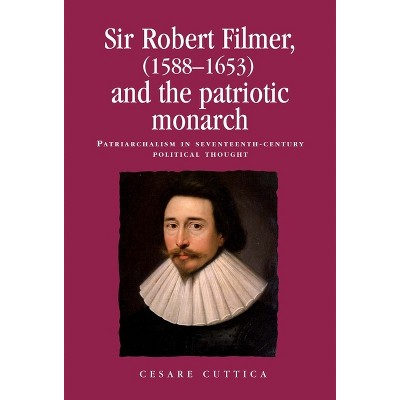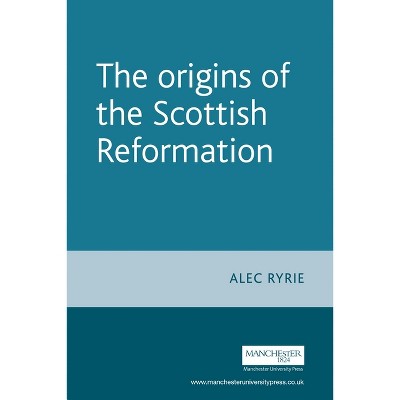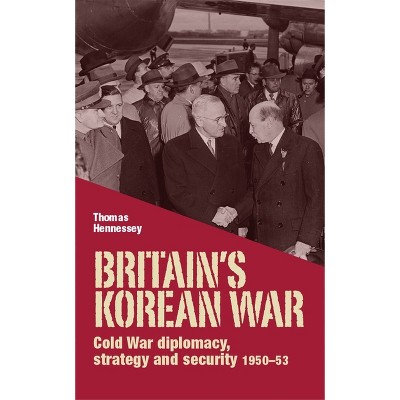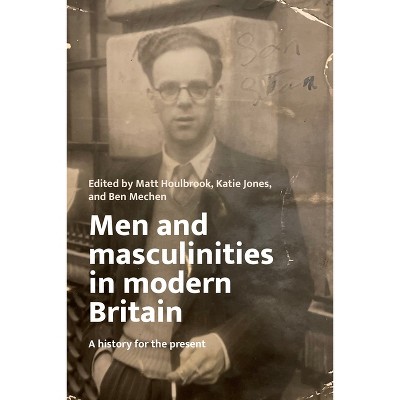Sponsored

Translating Petrarch in Early Modern Britain - by Marie-Alice Belle & Riccardo Raimondo & Francesco Venturi (Hardcover)
In Stock
Sponsored
About this item
Highlights
- Translating Petrarch in early modern Britain gathers twelve essays by international scholars focusing on the translation of Petrarch's vernacular verse (Canzoniere and Triumphi) into English, from the Tudor age to the mid-seventeenth century (and beyond).
- About the Author: Marie-Alice Belle is Professor of Translation Studies at the Université de Montréal and Associate researcher in English studies at Université Paris III-Sorbonne NouvelleRiccardo Raimondo is Assistant Professor in French Linguistics and Translation Studies at the University of CataniaFrancesco Venturi is Professor of Italian Literature at the University of Oslo and at the University of L'Aquila
- 352 Pages
- Literary Criticism, Renaissance
Description
About the Book
This collection of essays explores the translation of Petrarch's vernacular verse (Canzoniere and Triumphi) in early modern Britain, from the first Tudor translations to its many literary transformations and cultural re-appropriations in the Elizabethan and Stuart periods.Book Synopsis
Translating Petrarch in early modern Britain gathers twelve essays by international scholars focusing on the translation of Petrarch's vernacular verse (Canzoniere and Triumphi) into English, from the Tudor age to the mid-seventeenth century (and beyond). Approaching translation as an interpretive process, but also a mode of literary emulation and cultural engagement with Petrarch's prestigious precedent, the collection explores the complex and interconnected trajectories of both poetic works in English and Scottish literary milieux. While situating each translation in its distinct historical, material, and literary context, the essays trace the reception of Petrarch's works in early modern Britain through the combined processes of linguistic and metric innovation, literary imitation, musical adaptation and cultural and material 'domestication'. The collection sheds light on the origins and development of early modern English Petrarchism as part of wider transnational - and indeed, translational--European literary culture.From the Back Cover
Gathering essays from an international team of emerging and established scholars, Translating Petrarch in early modern Britain explores the many ways in which Petrarch's famous poetic works, the Canzoniere and Triumphi, were translated, adapted, reshaped and transformed by English and Scottish writers across the early modern period.
For English-language poets, translating Petrarch's verse meant joining a prestigious transnational literary movement. While Wyatt and Surrey's translations famously launched the English sonnet, versions of Petrarch remained a crucial component of Britain's literary tradition throughout the period, featuring in lyric sequences, poetic miscellanies, and even songbooks. Through their literary and commercial success, these productions also contributed to shaping early modern Britain's cultures of manuscript and print. This collection examines the specific role of translation, in all its early modern variety, as a key mode of poetic, imaginative, and cultural engagement with one of the most revered and imitated authors in early modern Europe. It revisits well-known works such as Tottel's Miscellany, the productions of the 'Castalian band' at the Scottish court of James VI and I, and versions of the Triumphi by Elizabeth I, Mary Sidney Herbert, and Anna Hume. It also pays attention to lesser-known pieces by anonymous, or 'minor' translators, poets considered marginal to English Petrarchism, and alternative modes of translation such as indirect translation and musical transposition. By examining the interconnected trajectories of both the Canzoniere and Triumphi in English translation, this collection sheds new light on early modern translation practices, British Petrarchism, and its place in the European literary landscape.About the Author
Marie-Alice Belle is Professor of Translation Studies at the Université de Montréal and Associate researcher in English studies at Université Paris III-Sorbonne Nouvelle
Riccardo Raimondo is Assistant Professor in French Linguistics and Translation Studies at the University of Catania
Francesco Venturi is Professor of Italian Literature at the University of Oslo and at the University of L'Aquila
Shipping details
Return details
Trending Poetry











